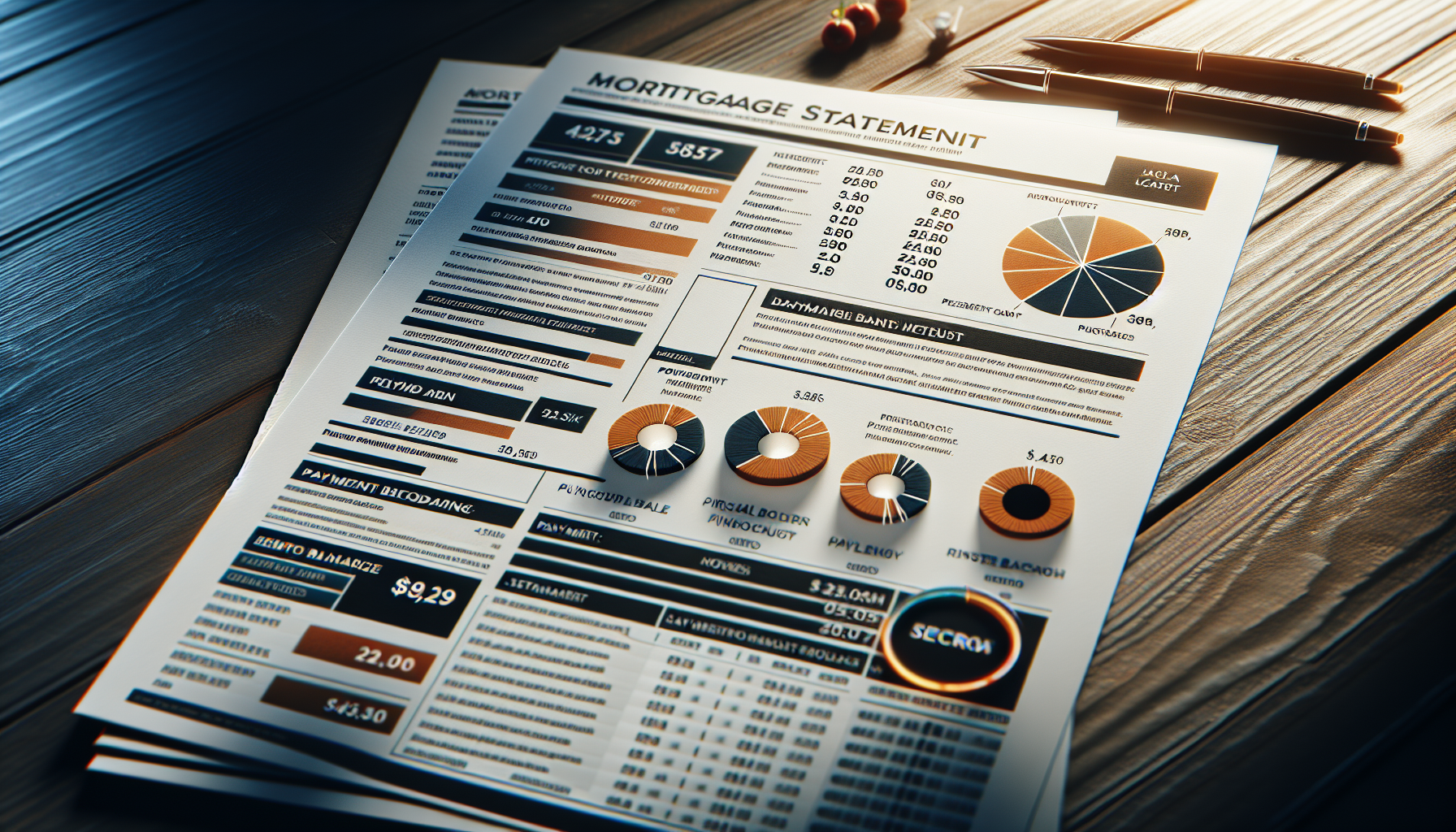Purchasing a home is a significant milestone, but it’s essential to ensure that you can comfortably afford the mortgage payments and associated expenses. When considering an $800,000 home, it’s crucial to understand the income requirements and factors that affect mortgage affordability.
How Much Income Do You Need for an $800,000 Mortgage?
To determine the income needed for an $800,000 mortgage, it’s important to follow established guidelines for housing affordability. One common rule of thumb is the 28/36 rule, which suggests that your monthly mortgage payment should not exceed 28% of your gross monthly income, and your total debt payments should not exceed 36% of your gross monthly income.
Using this guideline, we can estimate the ideal income for an $800,000 home purchase. Assuming a 20% down payment and a 30-year fixed-rate mortgage at 7.0% interest, the monthly principal and interest payment would be approximately $4,257, according to Bankrate’s mortgage calculator.
The 28/36 Rule for Mortgage Affordability
The 28/36 rule is a widely accepted guideline for determining housing affordability. It suggests that your monthly housing expenses, including mortgage payments, property taxes, and insurance, should not exceed 28% of your gross monthly income. Additionally, your total monthly debt payments, including housing expenses and other debts like car loans and credit card balances, should not exceed 36% of your gross monthly income.
Following this rule helps ensure that you can comfortably manage your mortgage payments and other financial obligations without becoming overly burdened by debt. It’s important to note that while the 28/36 rule is a useful guideline, lenders may have slightly different criteria when evaluating your mortgage application.
Calculating the Ideal Income for an $800,000 Home
To calculate the ideal income for an $800,000 home, we can work backward from the monthly mortgage payment. If we assume a 20% down payment of $160,000 and a 30-year fixed-rate mortgage at 7.0% interest, the monthly principal and interest payment would be approximately $4,257.
Using the 28% rule, we can determine that the total monthly housing expenses, including property taxes and insurance, should not exceed $4,830. To arrive at this figure, we multiply the monthly income by 28% ($17,250 x 0.28 = $4,830).
| Annual Income | Monthly Income | 28% of Monthly Income |
|---|---|---|
| $207,000 | $17,250 | $4,830 |
Therefore, an annual income of around $208,000 would be ideal for comfortably affording an $800,000 home, following the 28% rule. However, depending on the specific loan amount, interest rate, and other factors, a slightly lower income of around $200,000 may still be sufficient.
Factors Affecting Mortgage Affordability
While income is a crucial factor in determining mortgage affordability, several other elements can impact your ability to qualify for and comfortably manage an $800,000 mortgage. These factors include your down payment, loan-to-value ratio, debt-to-income ratio, credit score, and potential financial assistance programs.
Down Payment and Loan-to-Value Ratio
Your down payment is the amount of money you pay upfront when purchasing a home. A larger down payment reduces the amount you need to borrow and can help you secure better loan terms. For an $800,000 home, a 20% down payment would be $160,000.
The loan-to-value (LTV) ratio is the percentage of the home’s value that you’re borrowing. With a 20% down payment, your LTV would be 80%. If your down payment is less than 20%, you may be required to pay for private mortgage insurance (PMI), which can add to your monthly expenses.
Debt-to-Income Ratio and Credit Score
Your debt-to-income (DTI) ratio is the percentage of your gross monthly income that goes toward debt payments, including your mortgage. Many lenders prefer a DTI ratio of 43% or less, although this can vary depending on the lender and your specific circumstances.
Your credit score also plays a significant role in mortgage affordability. A higher credit score generally qualifies you for better interest rates and loan terms, which can lower your monthly mortgage payments and make an $800,000 home more affordable.
Financial Assistance Programs
There may be financial assistance programs available to help with your home purchase. These programs can provide down payment assistance, closing cost assistance, or other forms of support. Research local, state, and federal programs to see if you qualify for any assistance that could make an $800,000 home more attainable.
Estimating Monthly Mortgage Payments
When considering an $800,000 mortgage, it’s essential to have a clear understanding of your estimated monthly mortgage payments. This will help you determine if the home is within your budget and if you can comfortably manage the ongoing expenses.
Principal and Interest Payments
The principal and interest (P&I) payment is the portion of your monthly mortgage payment that goes toward paying off the loan balance and the interest charged by the lender. For an $800,000 home with a 20% down payment and a 30-year fixed-rate mortgage at 7.0% interest, the estimated monthly P&I payment would be approximately $4,257.
Additional Housing Expenses
In addition to the principal and interest payment, you’ll need to factor in other housing expenses when estimating your total monthly mortgage payment. These expenses may include:
- Property taxes
- Homeowners insurance
- Private mortgage insurance (if applicable)
- Homeowners association (HOA) fees (if applicable)
These additional expenses can add several hundred dollars or more to your monthly payment, so it’s crucial to include them in your budget when determining mortgage affordability.
Using a Mortgage Calculator
To get a more accurate estimate of your monthly mortgage payments, consider using a mortgage calculator. These tools allow you to input your loan amount, down payment, interest rate, and loan term to calculate your estimated monthly payments, including principal, interest, taxes, and insurance.
Mortgage calculators can also help you explore different scenarios, such as adjusting your down payment or loan term, to see how they impact your monthly payments and overall affordability.
Maintaining Financial Stability During the Home Buying Process
As you navigate the home buying process, it’s essential to maintain financial stability to ensure a smooth transaction and favorable mortgage terms. This involves paying bills on time, avoiding new debt, and keeping your bank balances consistent.
Paying Bills on Time and Avoiding New Debt
During the months leading up to your mortgage application and closing, make sure to pay all your bills on time. Late payments or missed payments can negatively impact your credit score, which could affect your ability to secure favorable loan terms.
Additionally, avoid taking on new debt during this time, such as opening new credit card accounts or making large purchases on credit. New debt can increase your debt-to-income ratio and make it more challenging to qualify for an $800,000 mortgage.
Keeping Bank Balances Consistent
Lenders will typically review your bank statements to ensure that you have sufficient funds for your down payment, closing costs, and cash reserves. It’s important to keep your bank balances consistent and avoid making any large, unexplained deposits or withdrawals during the months leading up to your mortgage application and closing.
Consistent bank balances demonstrate financial stability and can help streamline the mortgage approval process. If you anticipate receiving any large deposits, such as gifts from family members, make sure to document the source of the funds and discuss them with your lender beforehand.
By maintaining financial stability throughout the home buying process, you can increase your chances of successfully obtaining an $800,000 mortgage and achieving your homeownership goals.
See also:
- What is the Best Reason for Homebuyers to Create a Budget Before Taking Out a Mortgage?
- For which buyer would a lender most likely approve a $200,000 mortgage? – Guide
- How to Assume a Mortgage from a Family Member – Tips and Guide
- When Is My First Mortgage Payment Due?
- How Long Does It Take for Texas Mortgage Relief Program Approval?








Leave a Reply